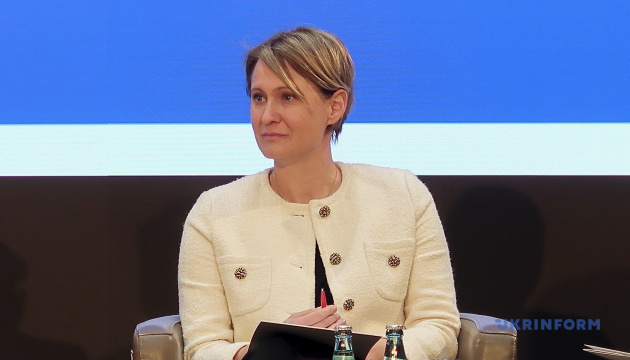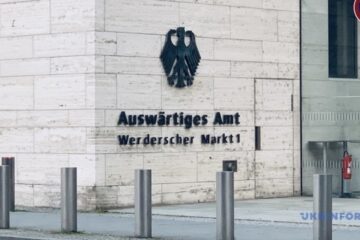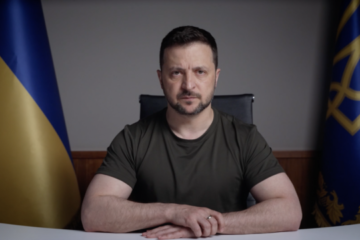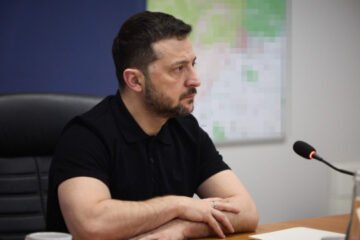
Participants in discussions about deploying an international military contingent to Ukraine to enforce a ceasefire currently cannot answer whether they are prepared for a potential escalation with Russia.
This was emphasized in an interview with Ukrinform by Jana Puglierin, a well-known German security expert from the European Council on Foreign Relations.
She recalled that among the Europeans who joined the so-called “Coalition of the Willing” led by France and the United Kingdom, there is intense debate over the security guarantees for Ukraine.
“The question is, for example, what happens if Russian drones kill European soldiers — what will the consequences be for Europeans, and will they then be ready for further escalation of the conflict with Russia? The issue is how these forces — this supposed security guarantor — would react if Putin decides to test them. I don’t think there’s any clear answer yet… It seems this question is being avoided,” the expert noted.
Puglierin believes that, overall, the issue of deploying troops to Ukraine is extremely difficult for Europeans for at least two other reasons: first, they are no longer confident that the United States still feels obligated under NATO to back them and provide security guarantees for such a mission; second, countries on NATO’s eastern flank — such as Poland and the Baltic states — are concerned that deploying their troops to Ukraine would weaken their own national defenses.
“There is no consensus on this, so the fundamental question remains unresolved,” the expert stated.
At the same time, she believes that some form of guarantees could come in the shape of long-term commitments to support Ukraine on multiple levels — most importantly, backing Ukraine’s defense industry, investing in and helping to build it up, continuing to train troops, and so on.
Puglierin expressed hope that Germany, which is finally expected to form a functional new government next week, will fully join the Coalition of the Willing.
“I believe that if Germany is serious about taking on a leadership role in Europe and we do see a real European coalition emerge, then Germany will simply have no choice but to join,” she said.
At the same time, she noted that the question of whether Germany would be willing to send its troops to Ukraine has not yet been resolved. It may not involve sending combat units. Various forms of involvement are being discussed — for example, Germany could deploy a medical corps.
Puglierin also expressed confidence that Ukraine’s European partners understand that a ceasefire or even a “peace agreement” can only be stable if backed by security guarantees. Otherwise, it will be merely a pause — Ukraine would get a brief respite, and the war would eventually resume.
As Ukrinform previously reported, on March 15, UK Prime Minister Keir Starmer, during the online meeting of the Coalition of the Willing, discussed plans for a “Western peacekeeping force” for Ukraine, potentially involving over 10,000 troops. Later, media reports indicated that the UK would likely abandon plans to send thousands of soldiers due to the risks being deemed “too high.” Meanwhile, Polish Foreign Minister Radosław Sikorski stated that Warsaw would not send its military contingent as part of a possible peacekeeping mission to Ukraine but would continue to support the country.
Source: International contingent for Ukraine: German expert explains why issue complicated for Europe



